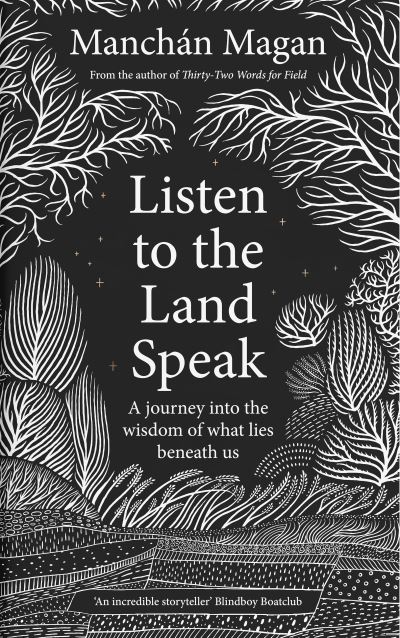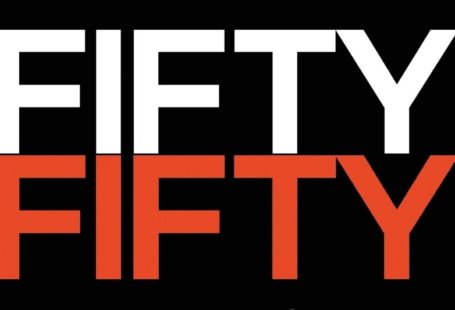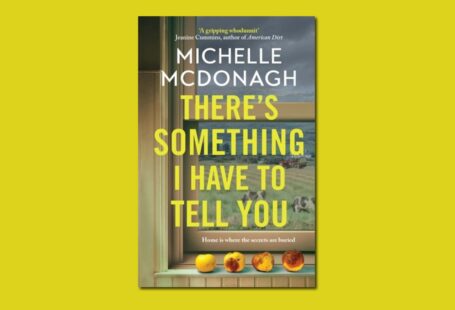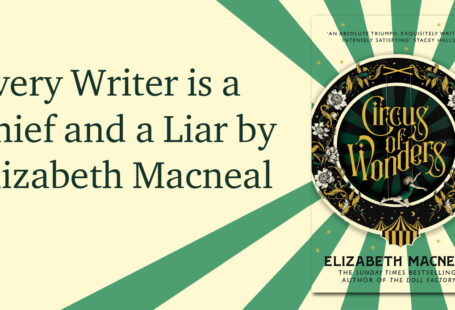This week is Irish Book Week, celebrating Irish authors, illustrators, publishers, and bookshops, so we thought we’d celebrate by asking some of the Irish Book Week Ambassadors a couple of questions.
First up is Manchán Magan. Manchán is a writer and documentary-maker, and his new book Listen to the Land Speak is out now. Listen to the Land Speak described Manchán’s journey across Ireland to trace our ancestors footsteps in the bogs, rivers, and mountains. He uncovers the ancient myths and stories that have shaped our national identity and are embedded in the land itself.

Which story or journey from Listen to the Land Speak did you find most empowering, and which story would you most want people to discover? I’d love for people to really begin to engage again with holy wells. For me, it was a real surprise to learn how potent these often ignored sites can be. It’s remarkable that Ireland has managed to preserve so many of our sacred wells and the many myths that arose around them. There is often a particular set of movements or behaviours that must be performed at each well and these too have been kept alive in the minds and memories of local people. Some of the more important wells still have guardians who have been looking after them for generations. Almost all of them are now Christian, although I’ve heard of one in Donegal that has remained pagan, according to local people. Yet the vast majority of the wells were pagan up until 1500 years ago. The rituals that one is meant to perform at them and the myths surrounding them are often rather pagan too. I love to see our sacred wells as entranceways into mother earth, that was regarded as a divine goddess. It’s a potent and dizzying concept. And a timeless one too.
Which Irish author inspires you most and why? Nuala Ní Dhomhnaill inspires me beyond any other living Irish writer. As an Irish language poet she has managed to convey aspects of our language, landscape and culture that no one else was able to articulate or dared to express. Her poems are alluring, sensuous and accessible, and there are great English translations of almost all of them. Anyone who delves into Nuala’s poetry or essays will be left enriched, and their horizons will be widened. I am so grateful that she did such pioneering work of re-evaluating our past and our relationship with the Irish language in the 1980s and 1990s, and that her work now remains for us all, as a guiding start to help steer us forwards.
What new Irish book are you most looking forward to reading over the next few months? I’m really excited to read Girls Who Slay Monsters by Ellen Ryan. It a richly illustrated book detailing the daring tales of Ireland’s forgotten goddesses. First off, it’s sumptuously produced, with bold, super-clear design, and though I’ve only dipped into it so far it’s clear that this book is far from any previous collection of myths that has existed. The author manages to make divine female characters from Ireland’s past relevant to young women today. Each tale is one of empowerment and personal growth. One of the weaknesses of our current myths is that they are stuck in a rather old-fashioned, 19th century style. I love the fact that some adventurous new authors are daring to find new ways to express these timeless stories. I’m hoping there may be many new books that further develop on the work of Girls Who Slay Monsters in the future.






Recent Comments